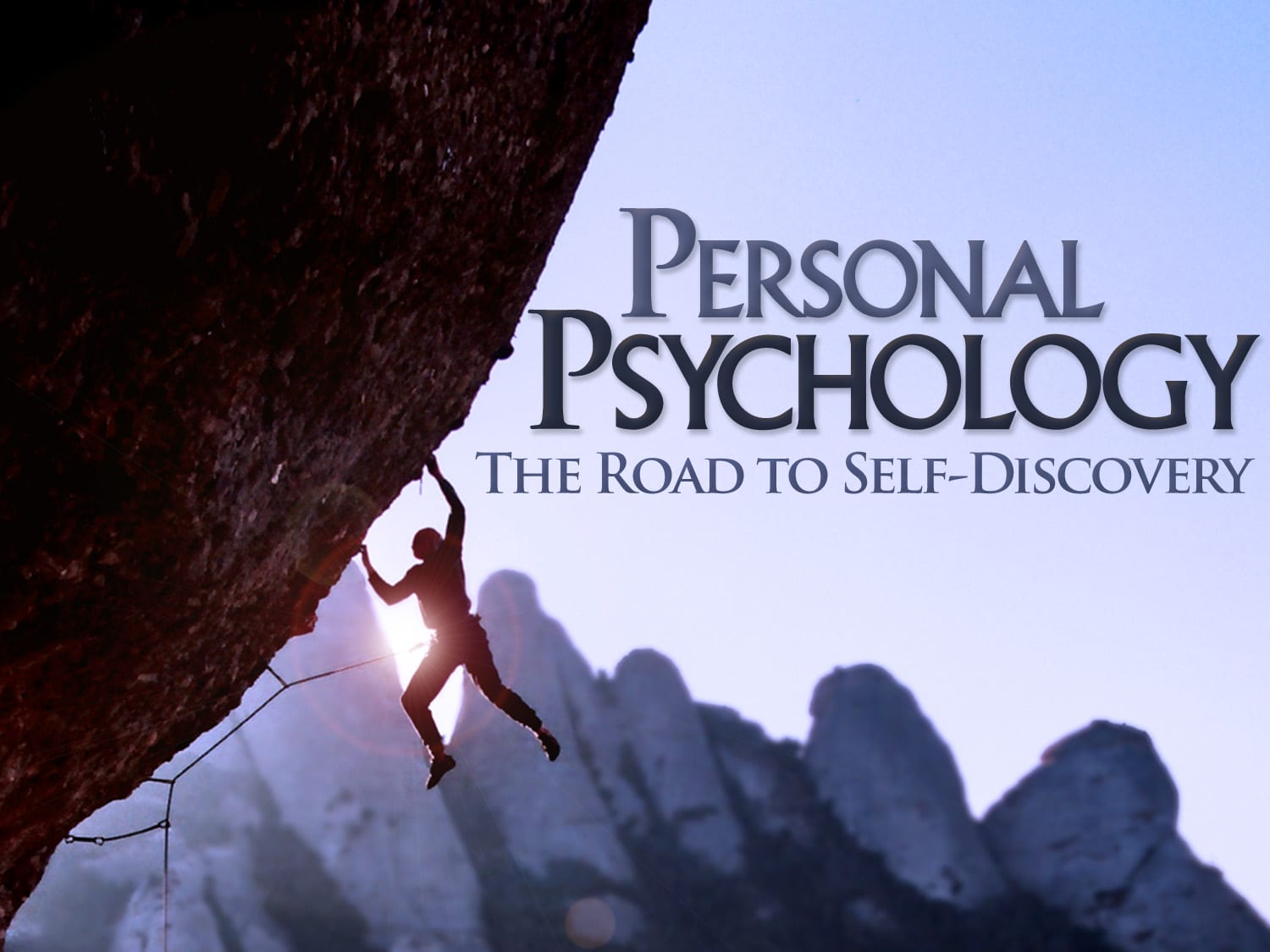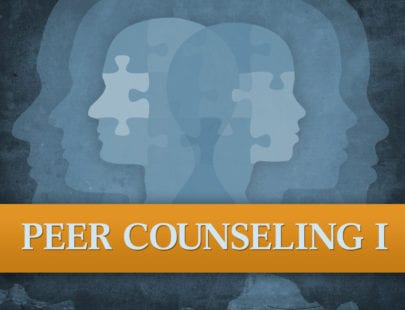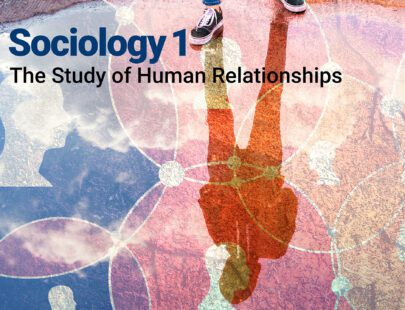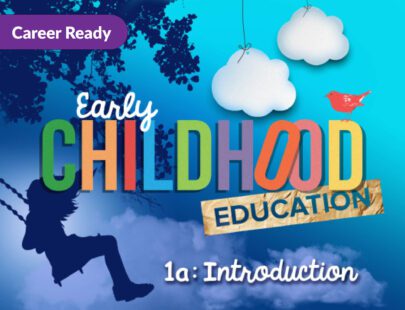
Personal Psychology I: The Road to Self-Discovery
Get ready to delve into some of life’s biggest questions and begin the journey to uncovering those answers for yourself! In this course, you’ll explore the broad scope of psychology from biology’s impact on our psychological makeup to society’s impact on who we become. You’ll look closely at the changing and sometimes conflicting thoughts of researchers and scientists and how the field of psychology has changed. You’ll also explore clinical psychology and how people find treatment. Let’s begin the journey to discovery today!
Units at a Glance
Unit 1: Why Did She Do That? The Question of Psychology
From the New York Times, September 14, 2021:
Simone Biles is withdrawing from the Olympics all-around gymnastic competition.
The world watched on in disbelief. Simone was the clear favorite to win the competition. Why would one of the best athletes in the world decide to walk away from the most prestigious competition on the planet? The world was shocked. Seeking to understand questions like this is the essence of psychology—a quest to understand why people behave as they do. It is the scientific study of mind and behavior. We are going to get to know some of the main characters of psychology, the role they play, and how they impact your story.
What will you learn in this unit?
- Understand and evaluate personality and the main theories of personality
- Identify assessment techniques used to identify individual personality
- Identify and understand factors that influence personality
- Understand and evaluate theories of motivation and factors that influence motivation
- Understand and evaluate theories of emotion and factors that influence the emotional experience
- Become familiar with factors influenced by your social world
Unit 2: Searching for Answers
In 1964, 28-year-old Kitty Genovese was stabbed and killed outside her apartment in Queens, New York, after returning from work. Several neighbors seemed to have heard the commotion, with one neighbor reportedly yelling at the attacker and scaring him off for a time, but the attacker came back, and no one came to her aid until 30 minutes after the attack began.
Psychologists, government officials, and healthcare professionals have tried to understand why no one stepped in to help Kitty. The term “bystander effect” was coined to describe a situation in which people fail to help someone in trouble.
This is the pattern by which psychological knowledge is expanded. An event takes place. Then psychologists try to understand it through observation, studying the incident, and creating research to further explore and find answers to the behavior.
What will you learn in this unit?
- Understand the emergence and evolution of psychology as a discipline
- Map the historical roots of psychology and identify and understand main psychological perspectives
- Identify subfields of psychology and career opportunities available in the discipline
- Understand the role of psychological research in the study of mind and behavior
- Identify the components of a research study and ways to implement them to conduct research
Unit 3: The Biology of Behavior
Nick Vujicic was born without arms or legs. In many ways, his biology has defined, limited, and challenged him. At one point in his life, his biology impacted his mental state to the point of attempting suicide. After that low point, Nick took what nature had given him and he embraced it, choosing to focus on the good and welcoming life.
We are all given a specific genetic composition at birth, with our own limitations and challenges. Throughout life, biology impacts our environment, which, in turn, molds our biology. Nick is now physically active and happily working as a public speaker inspiring millions of people. How will your biology impact your behavior?
What will you learn in this unit?
- Understand the basic components and function of neurons
- Become familiar with advances in neuroscience and the tools used to study the brain
- Understand the basic process of the functions of the nervous and endocrine systems
- Identify the relationship between genetics, heredity, and the environment
- Describe how sensation and perception occur
- Understand the states and levels of consciousness
Unit 4: How You Learn
If you ever get to meet Brad Pitt, there’s a good chance he won’t remember you. Pitt reportedly suffers from prosopagnosia, or face blindness. He can’t remember the faces of the people he meets.
Memory and learning are activities we engage in regularly, and when something goes wrong in that process, it can create some major difficulties.
What will you learn in this unit?
- Describe the principle of classical conditioning and necessary components in the process
- Describe the principle of operant conditioning and how learning occurs
- Describe the principles of observational and cognitive learning and the important role it plays
- Identify and explain the process of encoding in memory
- Identify and explain the process of storage and retrieval and the role it plays in memory
- Discuss types of memory disorders
Unit 5: Language and Intelligence
Genie Wiley was 13-years old when she was rescued from a horrific home life; she had spent most of her time strapped naked to a potty chair and was beaten whenever she made a noise. At 13-years old, she had few skills, unable to even dress herself. With assistance from teachers and researchers, she was able to acquire many essential skills, but one concept she was never able to grasp beyond the level of a four-year-old was that of language. Her case study led researchers to conclude that there is a critical period for language development that, if missed, will forever impact an individual’s ability to learn a language.
What will you learn in this unit?
- Articulate the principles and theories of cognitive development
- Define the processes involved in problem-solving, decision-making, and judgments
- Evaluate the acquisition of language
- Describe the structure and function of language and its relationship with thought
- Differentiate types of intelligence and analyze associated testing
Unit 6: Development Over the Lifespan
In one of the first scenes in The Lion King, Rafiki holds baby Simba up for all the animal kingdom to see. Elton John serenades in the background about the circle of life. This song poetically describes the path of human development, as the circle of life is not just a story for the animal kingdom but for humanity as well. Everyone follows a developmental pattern from conception in the womb until death, and just as in The Lion King, it’s a cycle that repeats itself generation after generation.
What will you learn in this unit?
- Distinguish methods used to study human development over the lifespan
- Outline prenatal and infant development and important milestones
- Describe human development in childhood and significant changes
- Identify developmental milestones and markers in adolescence
- Identify and discuss developmental changes that occur in adulthood until death
Unit 7: Stress, Coping, and Mental Health
“That was the greatest night in the history of television,” Chris Rock proclaimed after being slapped by Will Smith while presenting at the 2022 Oscar ceremony. Chris Rock had just finished telling a joke about Will Smith’s wife but many others in the audience had been the subject of his other jokes. What led to Will Smith’s violent reaction? And how was Chris Rock able to avoid retaliation and continue as a presenter for the rest of the night?
Our behavior and reactions are impacted by the stress we feel and how we have learned to cope with that stress. One-quarter of all adult Americans, including celebrities like Britney Spears and Pete Davidson, struggle to maintain a healthy mental state. It’s not always easy, and there is a high likelihood there will be times in your life when difficulties will challenge your mental health. Fortunately, there are skills that anyone facing challenges can incorporate into their lives for more positive outcomes.
What will you learn in this unit?
- Articulate what stress is and how it impacts individuals
- Identify ways stress can be beneficial or detrimental and how to properly manage stress
- Explain essential elements for good mental and physical health and understand how government programs can assist individuals
- Identify methods to optimize mental and physical health
- Analyze the role of technology in today’s world and evaluate the impact it has on personal development
Unit 8: Psychological Disorders
Like cancer, mental illness simply does not discriminate. It is found in individuals with tragic, sad, lonely lives and those who have full, healthy, abundant lives. There is no singular cause of psychological disorders. They have impacted individuals from Charles Dickens to Lady Gaga, from veterans experiencing homelessness to millionaires.
“One of the most important things you could realize is that you’re not alone,” Dwayne ‘The Rock’ Johnson said. “You’re not the first to go through it; you’re not going to be the last to go through it. And oftentimes—it happens—you just feel like you’re alone. You feel like it’s only you. . . . I wish I had someone at that time who could just pull me aside and [say], ‘Hey, it’s gonna be OK. It’ll be OK.’”
Psychological abnormalities are a part of the human condition that thousands of caring individuals are fighting to cure or heal every single day.
What will you learn in this unit?
- Understand what abnormal behavior is and different historical and cultural views of abnormal behavior
- Describe different psychological disorders and the various symptoms and causes of the disorders
- Outline available biomedical treatments and how treatment options and efficacy vary
- Identify psychological treatments and the theories they are based on as well as how the treatments are used by practitioners
- Discuss the impact of psychological disorders and the stigma associated with diagnosis
Required Materials
Physical
- Video recording device
- Audio recording device
Software
- Word processing software
- Presentation software
- Spreadsheet software
Optional
- Art supplies
- Posterboard
- Graphic design software
- Notebook
- Phone
- Household items
- Digital scrapbooking software



